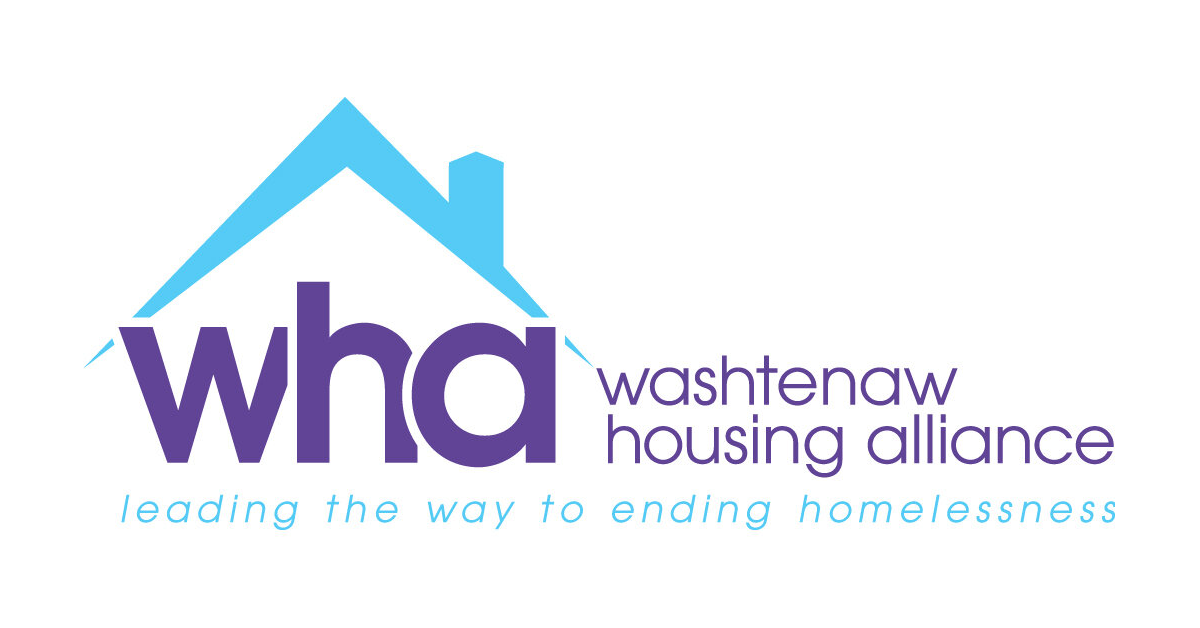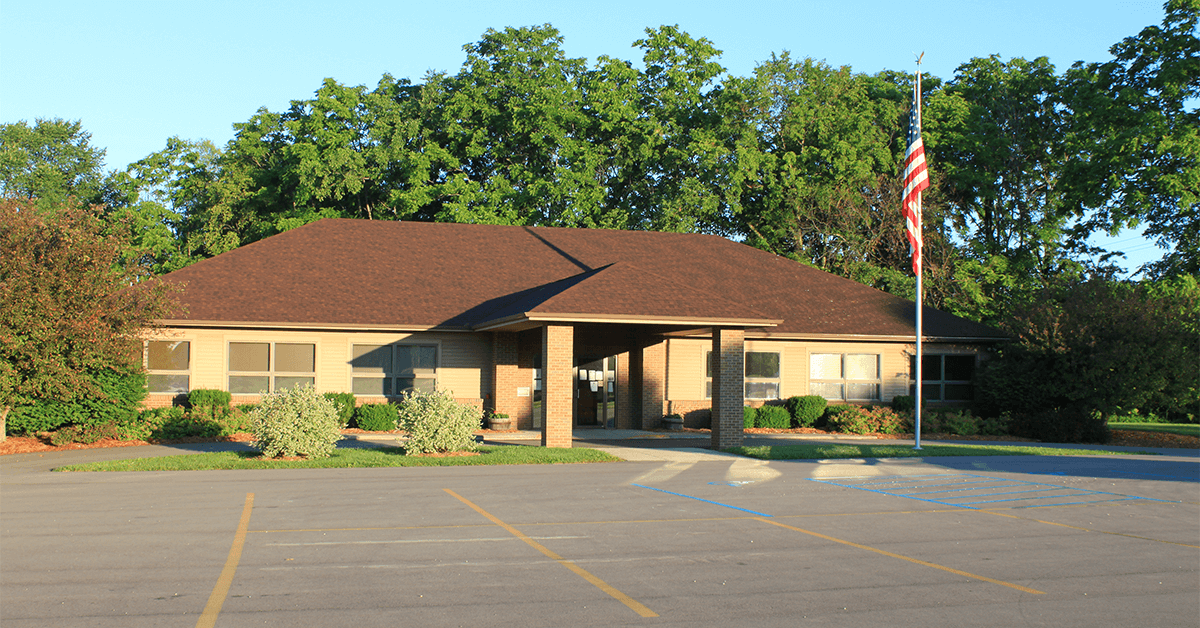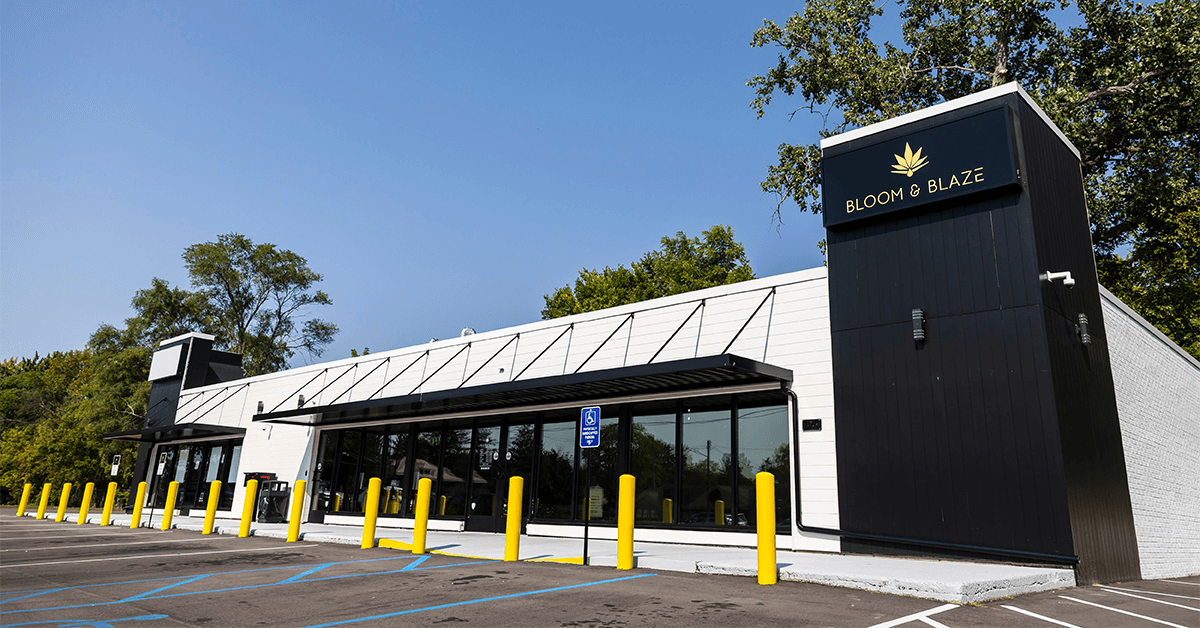Marijuana Revenue Paves Way for Housing Support in Washtenaw County

A groundbreaking initiative named "Rising Hope for Housing" has been launched with the intent of supporting Washtenaw County residents who have been affected by the criminal justice system. The core objective of the program is to provide financial aid alongside a variety of other support services, ensuring residents can steer clear of evictions while bolstering housing stability and promoting self-reliance.
Funded by Ann Arbor's marijuana tax revenue contribution of $400,000, this pilot initiative is set to continue until June 2024. The program is accessible to county households possessing or approved for a housing choice voucher, especially if they lack supportive services and have a household member who has been affected by the justice system.
City Council Member Cynthia Harrison of the D-1st Ward shared the news of the program at the council assembly on Monday, October 2nd, announcing that applications are currently welcome.
A range of services are incorporated into the program, including trauma-sensitive case management, peer support, mentorship, assistance during move-ins, support with security deposits, and assistance with overdue rents and potential utility disconnections. These valuable services are extended by prominent community organizations such as A Brighter Way, Catholic Social Services, Offender Success, Shelter Association of Washtenaw County, and SOS Community Services.
For those seeking more details or looking to benefit from the program, they are advised to reach out to the Washtenaw Housing Alliance.
It's worth noting that the city's decision to allocate marijuana tax revenue towards this initiative was made during the 2023-24 budget discussions in May. The Council highlighted that federal laws penalizing marijuana usage have unequally affected minorities and those of lower economic strata.
The council declared, "It's essential to recognize and rectify historical injustices and systemic obstacles to champion equity and mold a more inclusive society. The majority of those impacted by these laws, especially concerning marijuana offenses, have been individuals from Black and Brown communities, which showcases an underlying systemic bias."
Moreover, individuals affected by the criminal justice system commonly experience trauma, facing hurdles like housing instability, joblessness, limited educational and training opportunities, as well as mental health and addiction problems.
City representatives have expressed optimism that the services integrated within "Rising Hope for Housing" will not only decrease chances of reoffending but will also overcome systemic challenges, uplift mental health, boost the economy, and support the returnees and their families.
Share this article:
Spotted a typo, grammatical error, or a factual inaccuracy? Let us know - we're committed to correcting errors swiftly and accurately!








 Helpful Links
Helpful Links